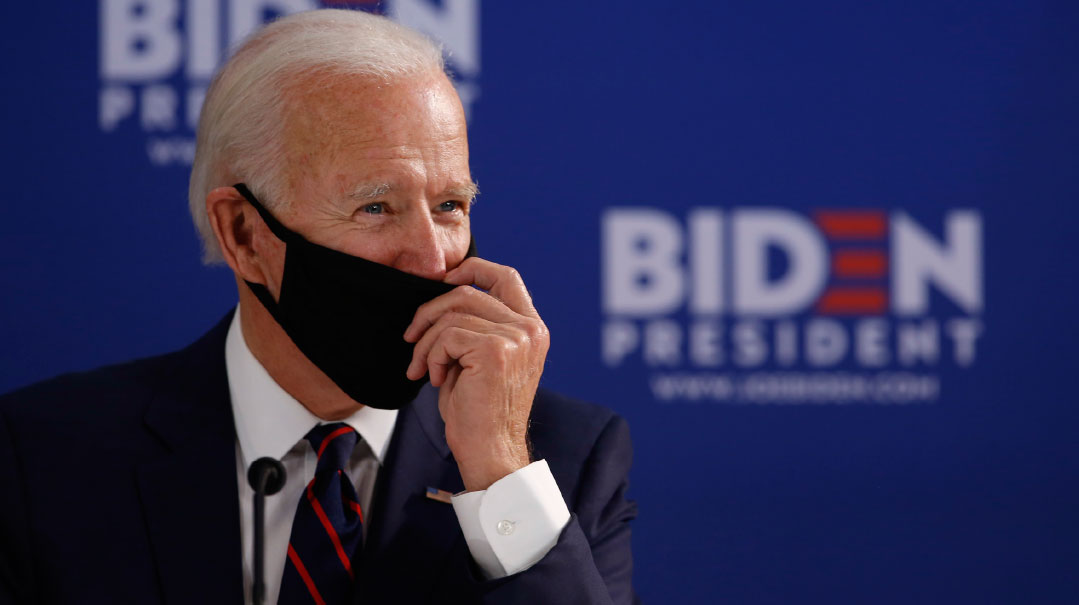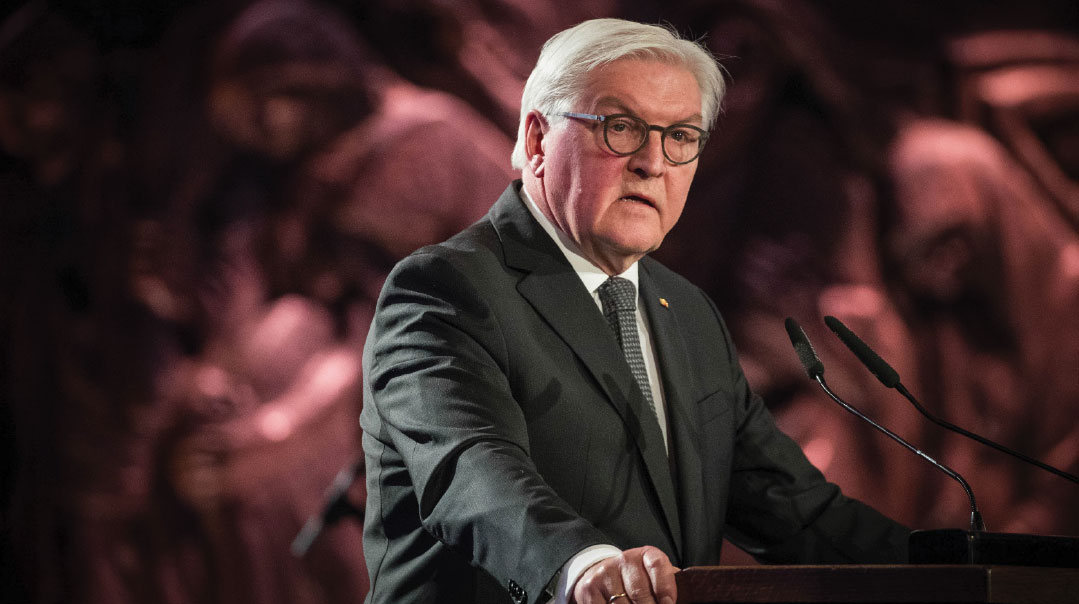The Man Likes His Press

Widening investigations show strongman Bibi as hungry for positive coverage

This is not a good time to be Bibi.
The veteran prime minister faces no fewer than five investigations, any of which could topple his government and end his nine-year run.
Two investigations into his dealings with media tycoons appear to present his greatest challenges. At the same time, Cases 4000 and 2000 reveal a side of Netanyahu little seen by the public. Far from the political tough guy that Israelis know and love, details of the prime minister’s dealings with Bezeq chief Shaul Elovitch and Yedioth Ahronoth publisher Noni Mozes paint Netanyahu as a sensitive political creature, someone who would offer government favors for small public relations advantages.
In Case 4000, the Prime Minister is accused of offering political favors to Elovitch, the majority shareholder in the Bezeq telephone company, in return for positive coverage at the Bezeq-owned Walla website. A top Netanyahu aide, Communications Ministry director-general Shlomo Filber, has now turned state’s witness. Seven people have been arrested so far and media reports indicate that state prosecutors will seek an interview with Netanyahu as early as this week. A judge in that case stands accused of coordinating efforts with a state prosecutor, but that should not interfere with the progress of the investigation.
The second media scandal encircling Netanyahu is Case 2000, which centers on Netanyahu’s dealings with Noni Mozes, publisher of Yedioth Ahronoth. Police allege that Mozes and Netanyahu negotiated a deal whereby Bibi would receive positive coverage in Yedioth in exchange for legislation that would disadvantage Israel Hayom, Israel’s largest newspaper and Yedioth’s biggest competitor.
The Mozes case is a shocker. As Amir Tibon explains in the Atlantic, Mozes and Netanyahu have been bitter rivals for years, with Yedioth taking a leading role as Netanyahu’s tormentor, regularly printing unflattering articles about the prime minister, his wife, and the government’s conduct. “In… off-the-record briefings with Israeli journalists, Netanyahu regularly ranted about Mozes’s influence, describing him ‘in almost satanic terms,’ ” Tibon writes.
But according to Tibon, Haaretz’s Washington correspondent, Netanyahu and Mozes found a point of common interest in 2014, when a group of lawmakers introduced the “Israel Hayom Law,” legislation that would forbid the distribution of free, wide-circulation, daily newspapers. The legislation was targeted at one man and one man only, American billionaire and Israel Hayom publisher Sheldon Adelson, who entered the Israeli media market in 2007 and within three years had dethroned Yedioth as Israel’s widest-circulating daily. That the paper is fiercely pro-Netanyahu only convinced the prime minister’s opponents that Adelson must be stopped.
Around this time, police allege that Netanyahu promised Mozes that he would not oppose passage of the “Israel Hayom law” even as he publicly condemned it. In return, Netanyahu and Mozes agreed that Yedioth would tamp down its criticism of the prime minister.
How do we know all of this? The Mozes-Netanyahu conversations were recorded. When police arrested Ari Harow, Netanyahu’s former chief of staff, on suspicion of corruption and influence peddling in 2015, they found the conversations on his computer. According to Tibon, Netanyahu told police investigators that he recorded the conversations because he planned to use them to prove to police that Mozes was attempting to bribe him. Police were skeptical of that explanation, however, because Netanyahu did not volunteer the recordings and, more to the point, continued to negotiate with Mozes long after he could have turned him in.
(Excerpted from Mishpacha, Issue 700)
Oops! We could not locate your form.













